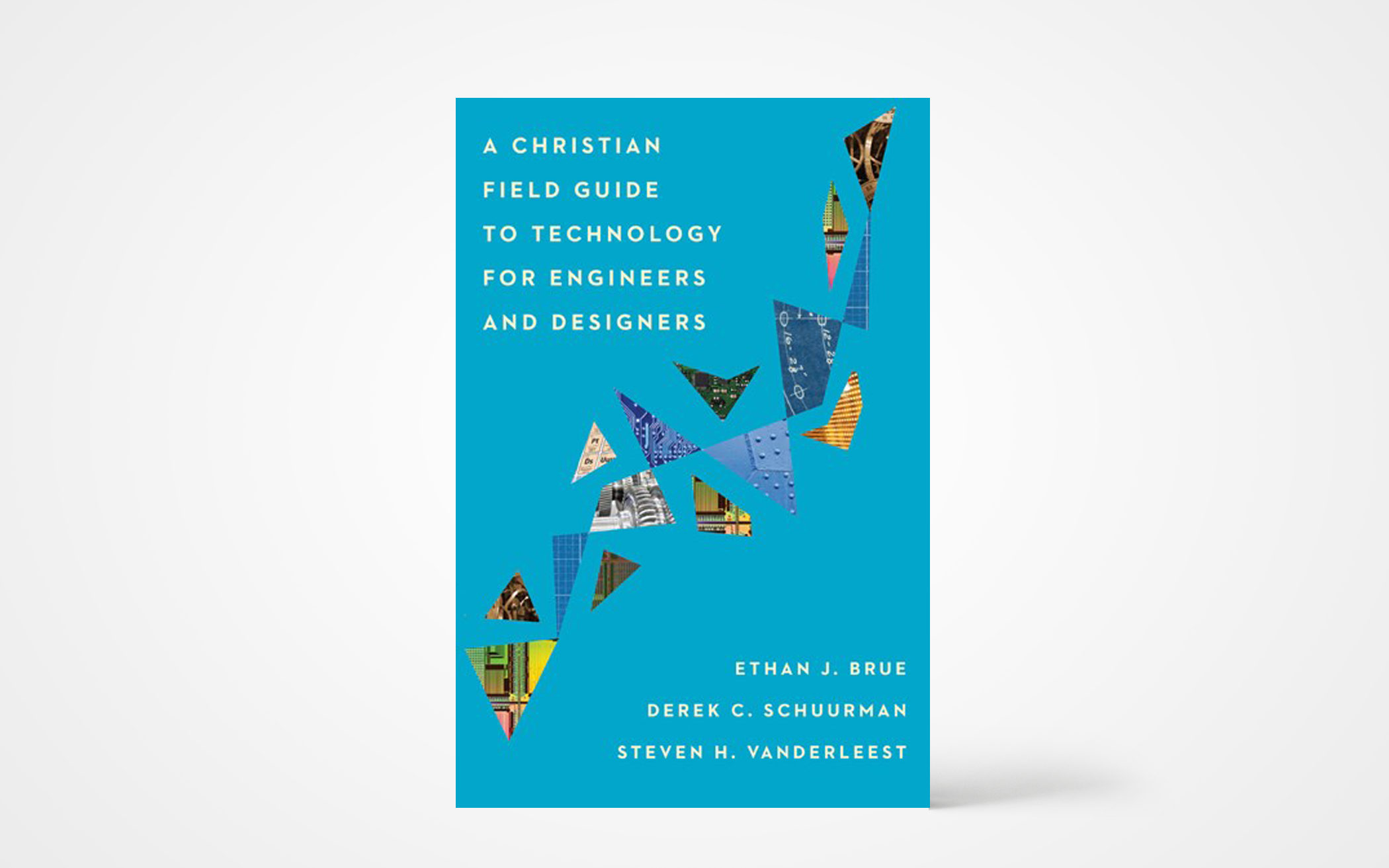On good days, the CRCNA is a community in relentless pursuit of faithfulness in every square inch of our lives and all of creation. One needs only to look at the strange and beautiful questions we ask. For example: “How do engineers and computer scientists design technology Christianly?”
In their recent book, A Christian Field Guide to Technology for Engineers and Designers, Ethan J. Brue, Derek C. Schuurman, and Steven H. VanderLeest dive into that question. All three are veteran engineers. And all three have taught in CRC-connected universities, covering Calvin, Dordt, and Redeemer (yes, I chose alphabetical order in an attempt at neutrality).
And these three do a fantastic job together.
They remind us how so much of our technological development starts with our whimsical imagination—our dreams take flight! The book walks us through the biblical story following that common movement of creation, fall, redemption and new creation—showing us throughout the story how God has called us to form and develop the world, and how we have responded (hint: not always well). We are invited to take responsibility. And responsibility is important because while we shape technology, our technology also shapes us.
Throughout this first portion of the book, examples abound and ground the conversation. For instance, how were the engineers negligent when they designed walkways for the Hyatt Regency Hotel, walkways that collapsed and killed 114 people? And should the creators of Pokemon GO have anticipated that criminals might use this new game to lure victims to secluded locations?
The next chapter equips engineers and designers to widen their gaze as they evaluate their designs. Christians are not called to design based only on cost, time to market and reliability—and so this chapter expands the suite of design values to consider. Next, the authors invite readers to move beyond professional ethics and consider questions of character and virtue as engineers and designers. The book then circles back again to the fall, and our penchant to orient toward our own autonomy, and create “modern towers of Babel.”
We then are invited to look back—to the early creation of the electric car over 100 years ago. But also to wonder, “If this was such a fitting technology for in-city transport, why did it die?” Our learning journey takes us through six possible explanations, and we are challenged to think carefully about “progress.” And after articulating some of the ways people have imagined technology and its relationship to our future, we are humbled by the recognition that technology is neither the villain nor the savior; rather, the problem lies in the human heart. And while we work out our faith even in the world of technology, we also await a God who will usher in a new heaven and new earth.
The book wraps up by reminding us that Christian vocation is not only for pastors, teachers, and missionaries. We are invited to see that a “Christian engineer” or a “Christian computer designer” are real vocations. We can do these tasks “Christianly”—faithfully working in ways that participate in God’s kingdom coming. And the final chapter is a unique gift—imagined letters between a future engineer and his Christian university professor. This chapter takes all the ideas and gives them a bit of imagined flesh. We can empathize with the questions; we are invited to reorient ourselves by the responses.
Is there such a thing as designing technology “Christianly?” Yes, and these three authors together give us the gift to imagine it done well. (IVP)
About the Author
Paul Verhoef

